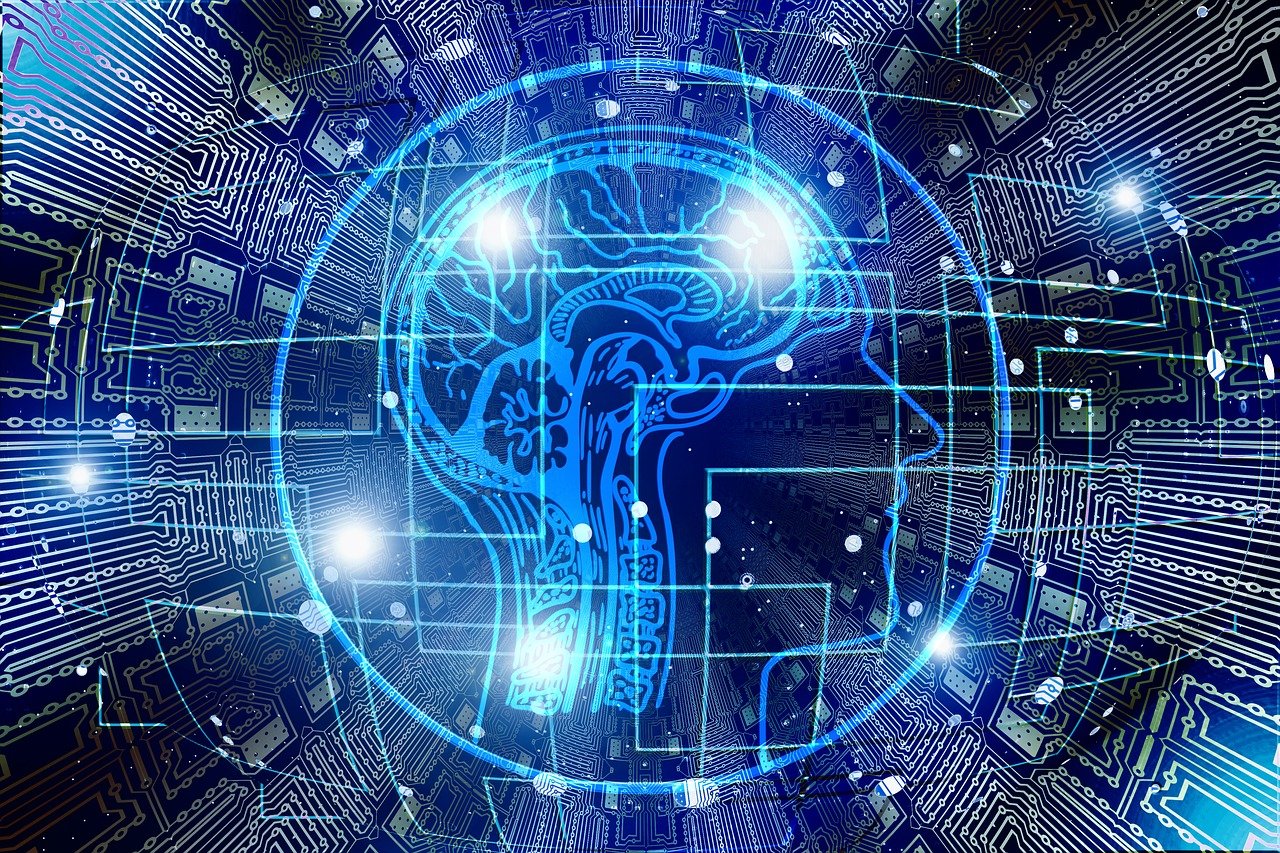The Who, Where, and How of Regulating AI
By Eliza Strickland,
IEEE Spectrum
| 06. 14. 2023
During the past year, perhaps the only thing that has advanced as quickly as artificial intelligence is worry about artificial intelligence.
In the near term, many fear that chatbots such as OpenAI’s ChatGPT will flood the world with toxic language and disinformation, that automated decision-making systems will discriminate against certain groups, and that the lack of transparency in many AI systems will keep problems hidden. There’s also the looming concern of job displacement as AI systems prove themselves capable of matching or surpassing human performance. And in the long term, some prominent AI researchers fear that the creation of AI systems that are more intelligent than humans could pose an existential risk to our species.
The technology’s rapid advancement has brought new urgency to efforts around the world to regulate AI systems. The European Union got started first, and this week, on 14 June, took a step forward when one of its institutions, the European Parliament, voted to advance the draft legislation known as the AI Act. But China’s rule-makers have been moving the quickest to turn proposals into real...
Related Articles
By Diaa Hadid and Shweta Desai, NPR | 01.29.2026
MUMBRA, India — The afternoon sun shines on the woman in a commuter-town café, highlighting her almond-shaped eyes and pale skin, a look often sought after by couples who need an egg to have a baby.
"I have good eggs,"...
By George Janes, BioNews | 01.12.2026
A heart attack patient has become the first person to be treated in a clinical trial of an experimental gene therapy, which aims to strengthen blood vessels after coronary bypass surgery.
Coronary artery bypass surgery is performed to treat...
By Staff, ScienceDaily | 01.05.2026
Scientists at UNSW Sydney have developed a new form of CRISPR technology that could make gene therapy safer while also resolving a decades-long debate about how genes are switched off. The research shows that small chemical markers attached to DNA
...
Following a long-standing CGS tradition, we present a selection of our favorite Biopolitical Times posts of the past year.
In 2025, we published up to four posts every month, written by 12 authors (staff, consultants and allies), some in collaboration and one simply credited to CGS.
These titles are presented in chronological order, except for three In Memoriam notices, which follow. Many more posts that are worth your time can be found in the archive. Scroll down and “VIEW...




